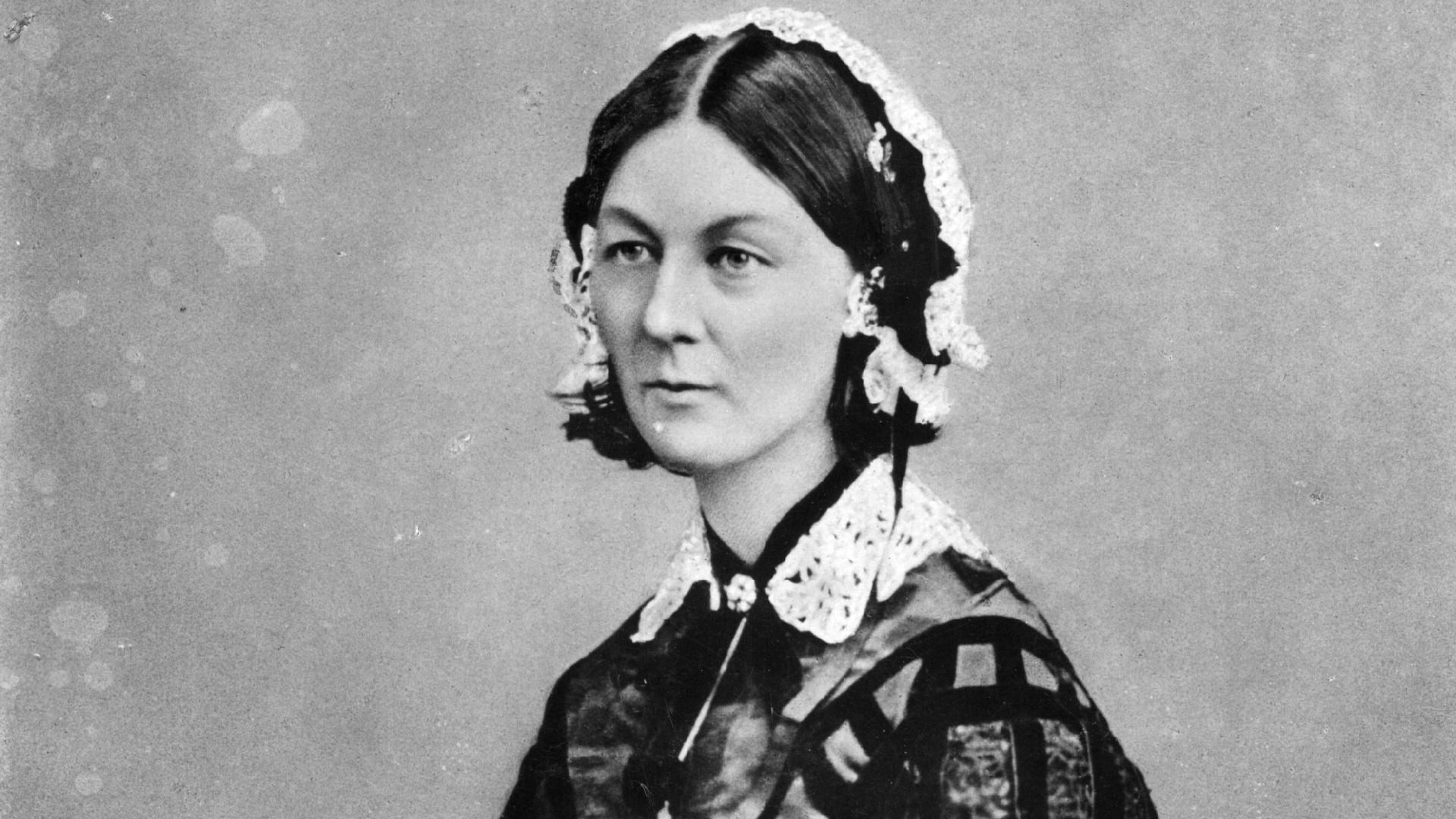
27 interesting facts about Florence Nightingale
- 👁️ 287
Florence Nightingale, born on May 12, 1820, in Florence, Italy, was a pioneering figure in nursing and healthcare. She revolutionized the profession, introducing modern nursing practices and advocating for improved patient care. Nightingale’s tireless efforts during the Crimean War made her a symbol of compassion and dedication. Here are 27 intriguing facts about Florence Nightingale:
- Florence Nightingale is often referred to as the “Lady with the Lamp” due to her habit of making rounds at night, tending to wounded soldiers with a lamp in hand.
- She was the daughter of wealthy British parents and belonged to a privileged social class, but she felt a calling to serve others.
- Nightingale received an education that was uncommon for women of her time, studying subjects such as mathematics, philosophy, and science.
- Despite her family’s disapproval, Nightingale pursued nursing, a career considered unsuitable for a woman of her social standing.
- During the Crimean War (1853-1856), Nightingale and her team of nurses provided care to wounded soldiers in military hospitals in Scutari, Turkey.
- She implemented strict sanitation practices, including handwashing and maintaining clean environments, to reduce the spread of infections and improve patient outcomes.
- Nightingale collected meticulous data on mortality rates and hospital conditions, which she used to advocate for healthcare reforms.
- She published her findings and recommendations in the influential book “Notes on Nursing,” considered one of the first textbooks on modern nursing.
- Nightingale emphasized the importance of proper nutrition and the role of the environment in promoting healing and well-being.
- She played a significant role in elevating the status of nursing as a profession, establishing nursing schools and setting standards for nursing education.
- Nightingale’s work and writings helped shape the development of modern healthcare systems and influenced the establishment of the International Red Cross.
- She was the first woman to be awarded the Order of Merit, one of the highest honors bestowed by the British monarch.
- Nightingale corresponded with influential figures of her time, including Queen Victoria and British politicians, advocating for healthcare reforms.
- She was a pioneer in using statistical analysis and data visualization to demonstrate the impact of healthcare interventions and improve public health.
- Nightingale believed in the holistic care of patients, addressing their physical, psychological, and spiritual needs.
- She recognized the significance of mental health and the need for compassionate care for patients with mental illnesses.
- Nightingale’s work influenced the establishment of nursing as a profession for women, providing opportunities for women to contribute to society in new ways.
- She was instrumental in the development of the Nightingale Training School for Nurses, which became a model for nursing education worldwide.
- Nightingale was an advocate for social reforms, including the improvement of healthcare for the poor and marginalized populations.
- She contributed to the establishment of the British Army Medical School, where she trained military doctors and nurses.
- Nightingale’s efforts during the Crimean War significantly reduced the mortality rate among wounded soldiers and improved overall healthcare outcomes.
- She campaigned for improved sanitation in military and civilian hospitals, leading to advancements in public health practices.
- Nightingale’s work in nursing laid the foundation for modern infection control measures, including the use of isolation and hand hygiene.
- She was deeply committed to promoting the dignity and respect of patients, advocating for their rights and well-being.
- Nightingale’s legacy continues to inspire nurses and healthcare professionals worldwide, with the Florence Nightingale Pledge serving as a symbol of their commitment to patient care.
- She spent the later years of her life advocating for healthcare and social reforms, writing extensively on topics such as hospital design and public health.
- Nightingale’s impact on nursing and healthcare continues to be celebrated, with International Nurses Day observed annually on her birthday, May 12th.
Florence Nightingale’s pioneering work in nursing and healthcare revolutionized the profession and set the stage for modern healthcare practices. Her dedication to improving patient care, advocating for reforms, and using data to drive change has had a lasting impact on the field of nursing and public health. Nightingale’s unwavering commitment to compassion, innovation, and the well-being of patients serves as an enduring inspiration for nurses and healthcare professionals worldwide. Her legacy as the “Lady with the Lamp” and her contributions to nursing will forever be remembered as she remains an influential figure in the history of healthcare.
Florence Nightingale, born on May 12, 1820, in Florence, Italy, was a pioneering figure in nursing and healthcare. She revolutionized the profession, introducing modern nursing practices and advocating for improved patient care. Nightingale’s tireless efforts during the Crimean War made her a symbol of compassion and dedication. Here are 27…